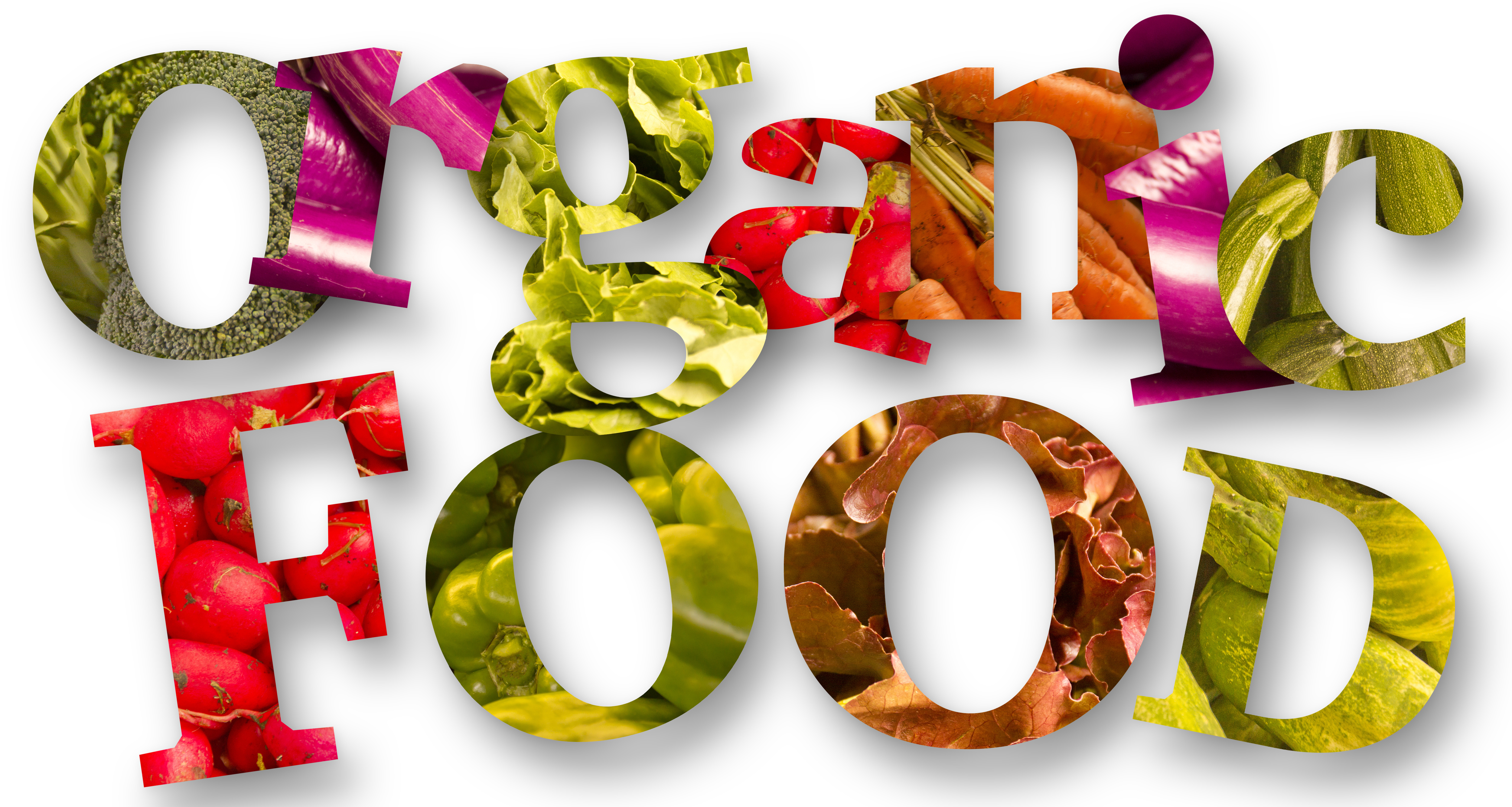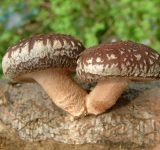Many foods today contain toxins, such as pesticides, herbicides, antibiotics, growth hormones and chemical additives that have been linked to serious health issues in people and animals. To minimize this toxic assault, you might feed your family as many organic foods as possible. But what about your four-legged family members? They can benefit from going organic, too.
Why “Going Organic” May Make Sense for Your Canine or Feline Companion
“Natural” versus “Organic”
Many people confuse “natural” foods with “organic” foods, believing the two terms are interchangeable. However, there is no legal definition or regulation of “natural” in human or pet food. Therefore pet food manufacturers can use this claim without following a specific standard.
Definition of “Organic”
Unlike “natural”, “organic” is legally defined and strictly regulated by the United States Department of Agriculture’s (USDA) National Organic Program, so foods labeled as “organic” must meet specific standards.
By law, USDA Organic products cannot contain:
- Toxic or synthetic pesticides, herbicides or fungicides.
- Chemical additives, such as artificial flavors, colors or preservatives.
- Antibiotics or synthetic growth hormones (in food production animals).
- Genetically modified organisms, or GMOs (crops that have had their DNA artificially modified in a laboratory to obtain certain attributes, such as resistance to insects or herbicides).
- Sewage sludge.
- Synthetic fertilizers.
Benefits of Organic Food for Pets
The benefits of feeding your dog or cat organic foods are less about what they will get and more about what they won’t get – toxic chemicals that have been linked to serious health issues. Including neurological diseases, developmental disorders, reproductive disorders, hormone disruption and cancer.
Feeding organic food for pets may require additional effort or financial investment up-front, but remember that a healthy dog or cat requires fewer expensive veterinary trips and medications.
Look for the USDA Organic Seal
When purchasing organic pet food, be sure to look for the USDA Organic seal. Pet foods displaying the USDA Organic seal are regulated by the USDA’s National Organic Program and must meet the same standards as human organic foods. The National Organic Program has no legal authority to regulate “organic” claims on pet foods that do not voluntarily meet USDA Organic standards, so some pet foods claiming to be organic may lack any certification.
Originally posted 2017-10-30 16:30:05.







